The best back-to-school tech supplies for students in New Zealand
Laptops, printers, phones and more to help you or your kids ace the school year
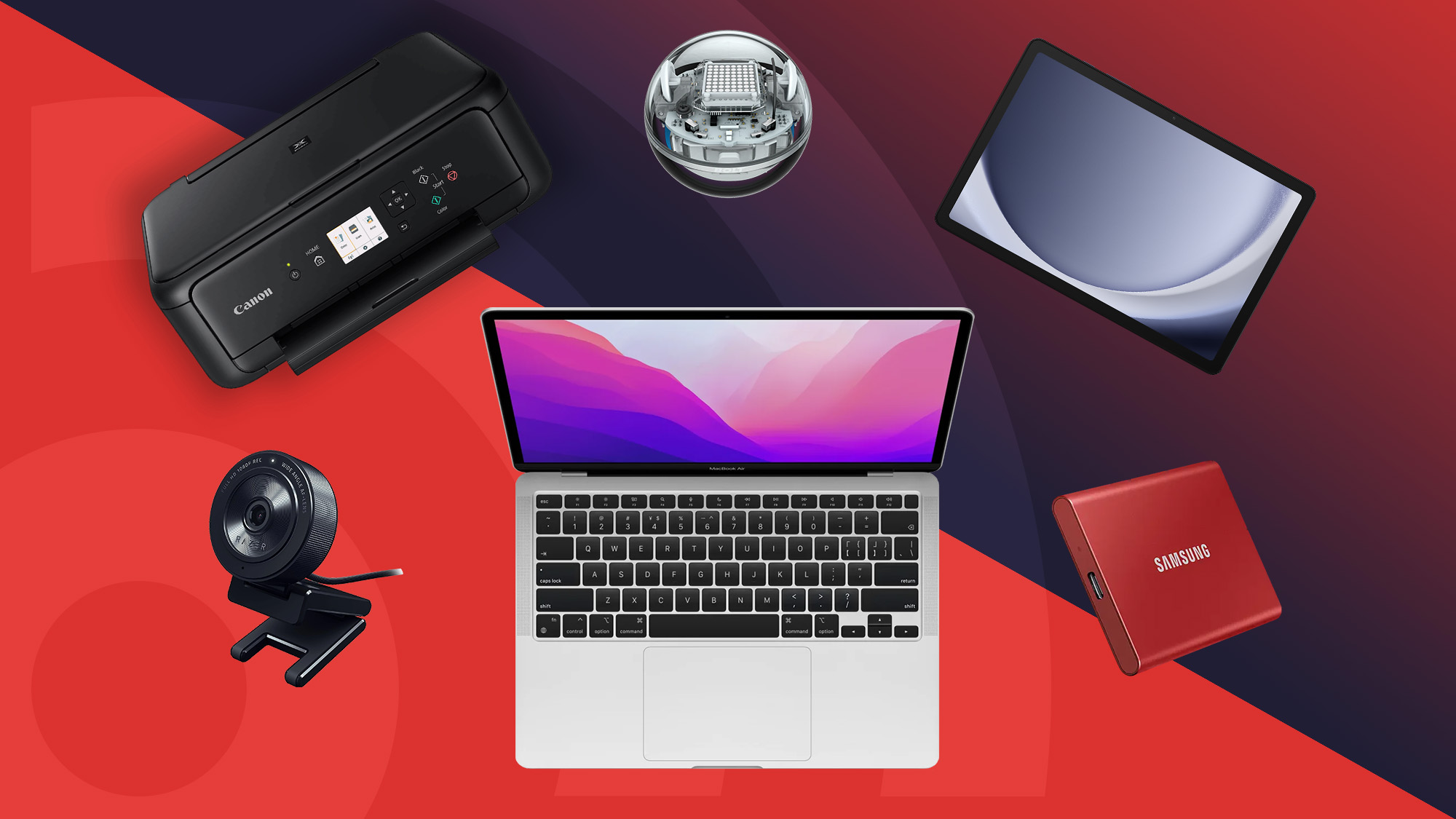
The school holidays will be over before you know it, and it won’t be long until the kids head back to school for the 2024 academic year. Whether you’re sending littles ones off for the first time, or supporting senior students in their studies, this time of year can be stressful for parents, teachers and students alike – especially when it comes time for the dreaded back-to-school shop.
So we’ve compiled this guide of the best technology for students so they can ace their studies throughout the year. Long gone are the days of chunky textbooks – technology and the internet have paved the way to help make life easier for school kids and, hopefully, keep their backpacks a little lighter.
Of course, stationery and notebooks are a mainstay, but things like laptops, tablets and even web cameras have become classroom essentials in the last few years, and there’s an overwhelming amount of them to choose from. We’ve tested most of the products in this back-to-school guide, so you can be sure they’re great in their own way, plus we’ve made sure to cover different budgets, so you, and the students in your life, can ease back into the school year without a worry.
Best back-to-school laptops
Why you can trust TechRadar
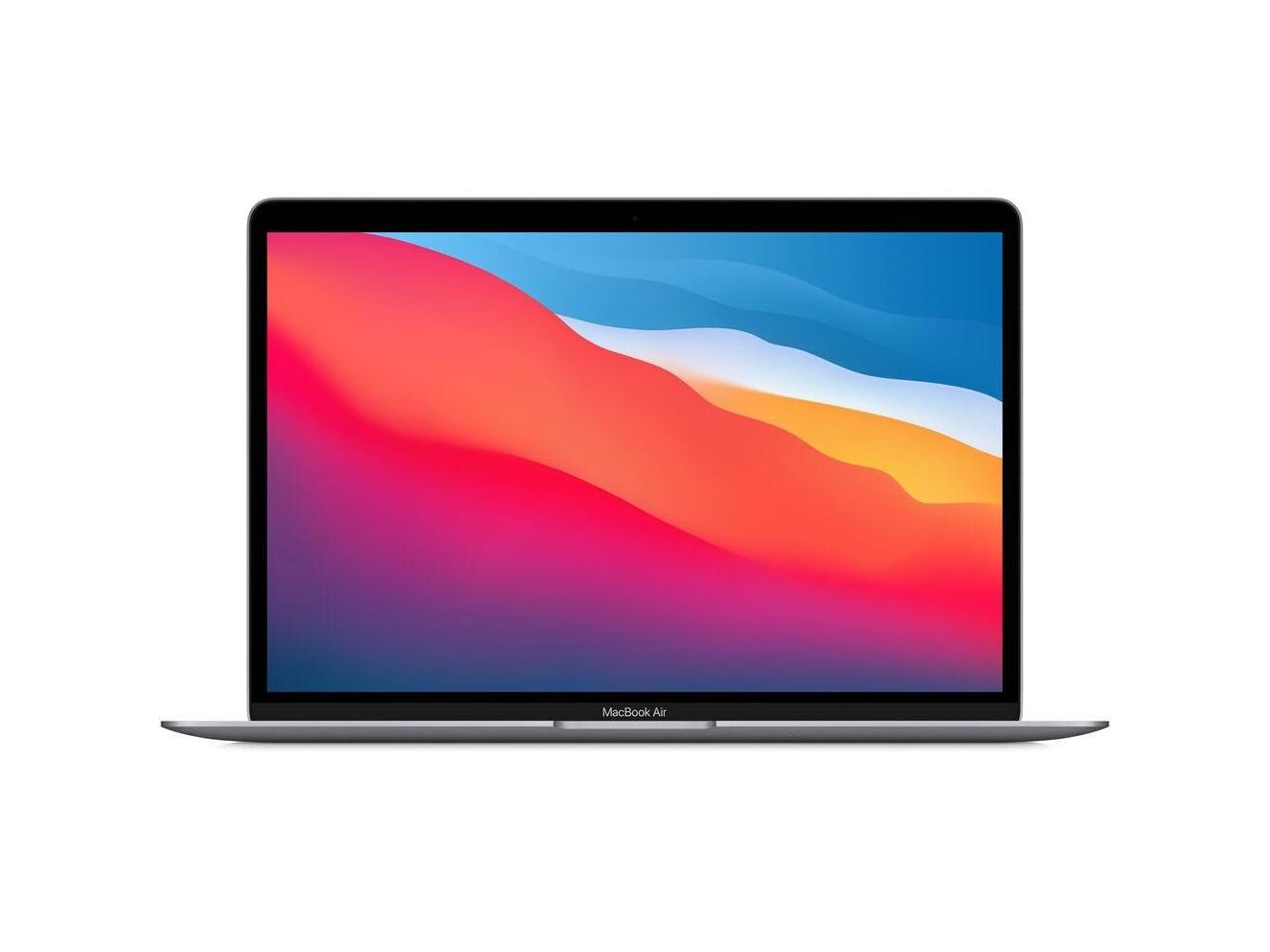
1. MacBook Air (M1, 2020)
Reasons to buy
Reasons to avoid
Even in 2024, an Apple MacBook Air offers students an affordable experience built into a sleek and lightweight package. While you might be tempted to opt for the 2022 Apple MacBook Air with the M2 chip, you can save quite a bit by picking up the 2020 model instead – and its affordability and performance helps to keep the M1 model ranking in our best student laptops list. There’s a few other compromises aside from an upgraded chipset – the 2022 model has a whole new design including a larger screen, as well as longer battery life, but outside of that, you’re not going to be missing much with the 2020 Apple MacBook Air. It’s a strong all-rounder for students who prefer MacOS over Windows, and will even support the latest updates – right up to MacOS 14 Sonoma – to keep your MacBook chugging along smoothly while you’re working on homework, assessments and presentations – or while you relax with a good show after a long school day.
Read our in-depth MacBook Air (M1, 2020) review
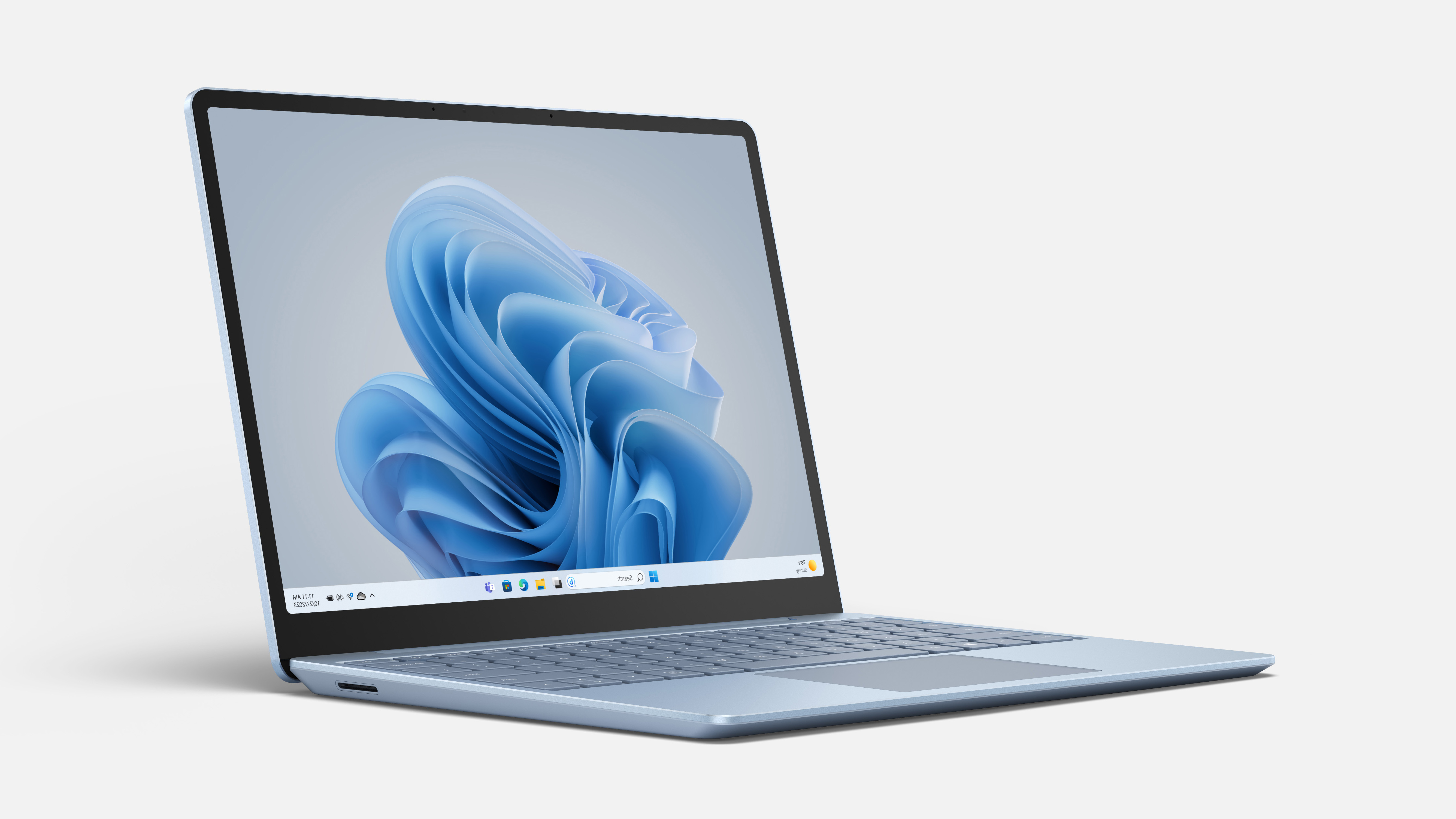
2. Microsoft Surface Laptop Go 3
Reasons to buy
Reasons to avoid
Microsoft makes a solid range of laptops to suit any students, and if you want a light-weight all-rounder, the Microsoft Surface Laptop Go 3 will keep you running. Promising a 15-hour battery life, plus more base storage and memory than what was on offer from the Surface Go Laptop 2, you'll be able to use this machine through the whole day, with Windows 11 to keep you going. Having only come out in 2023, it packs in a 12th-gen Intel Core i5 chip at the base model, so it'll keep students up to speed with other laptops for years to come.
Read our in-depth Microsoft Surface Laptop Go 3 hands on
Best back-to-school webcams
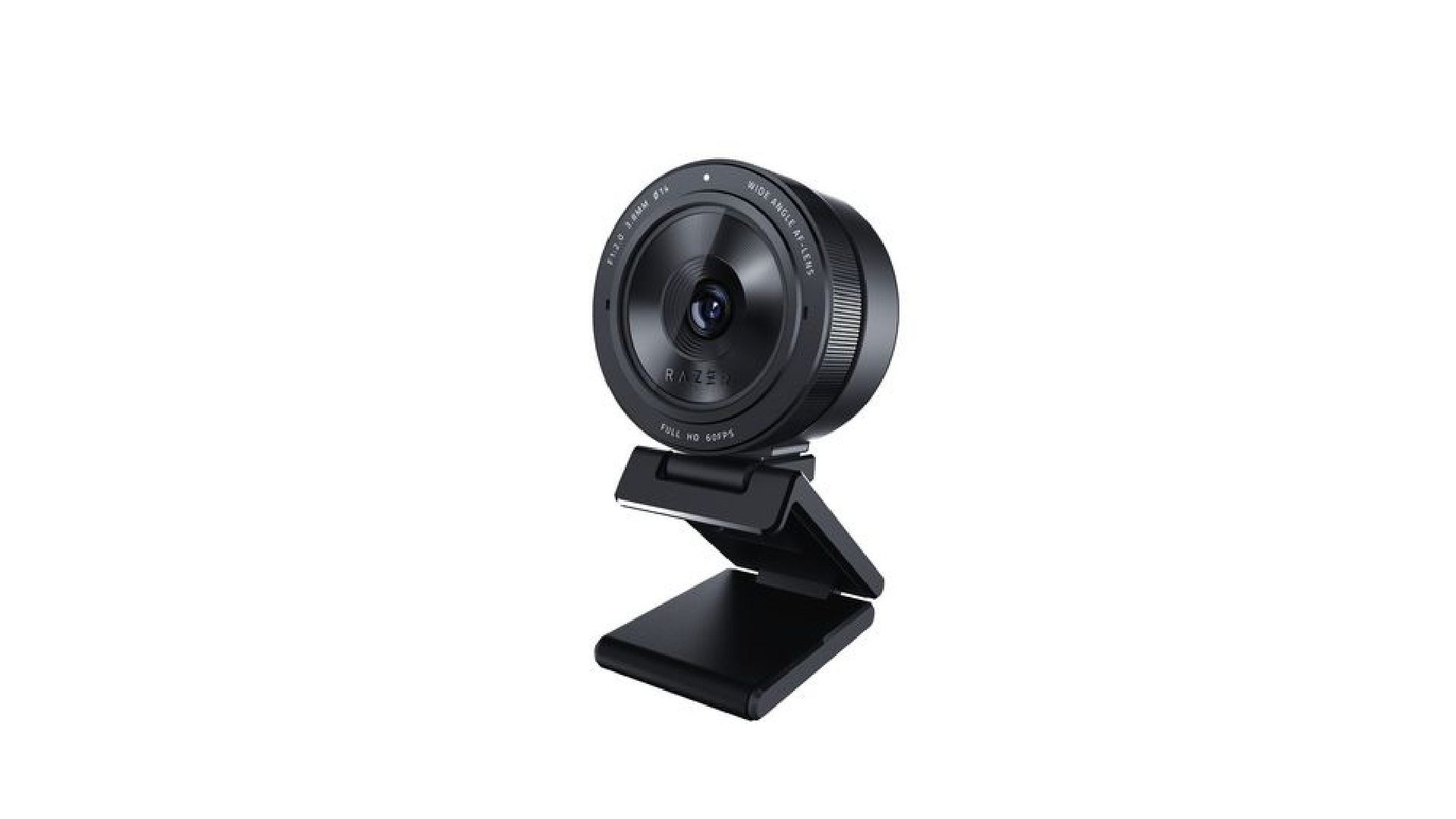
1. Razer Kiyo Pro
Reasons to buy
Reasons to avoid
Admittedly this is the best choice for anyone interested in streaming, but it's exactly those features that makes the Razer Kiyo Pro the best webcam money can buy. Uni students can experiment with streaming content in 1080p at 60fps, while younger kids can be in the spotlight as this webcam works quite well in low light too thanks to the ultra-sensitive light sensors it boasts. There's even HDR capabilities here, and that 60fps frame rate is buttery smooth. It's important to note that this Razer webcam requires a USB 3.0 connection, but this 2021 model breathes life into a stagnating webcam market where some of the best choices, like the Logitech StreamCam (our pick here for 2020) and C920 are now ageing.
Read our in-depth Razer Kiyo Pro review
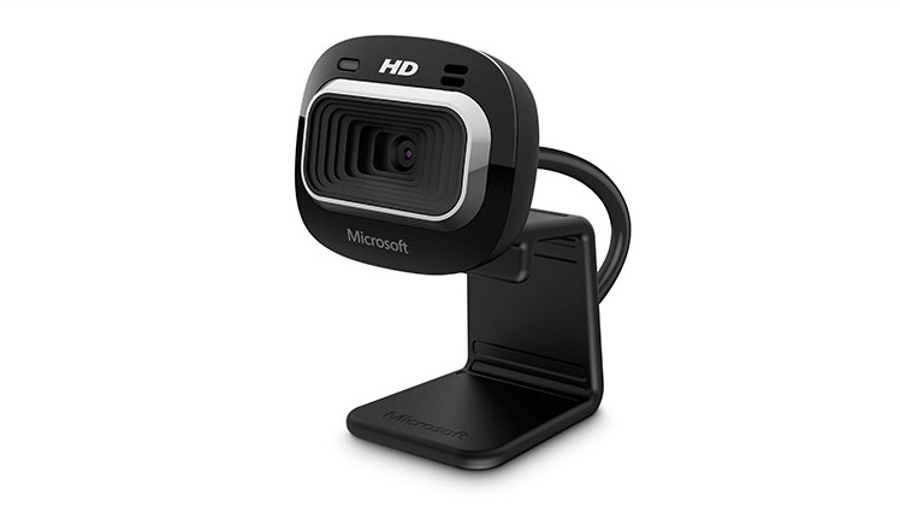
2. Microsoft LifeCam HD-3000
Reasons to buy
Reasons to avoid
If you really don't want to spend a lot of money on a webcam, then this option from Microsoft might suit your needs. It's not the sharpest tool in town, being just a 720p camera, but it is perfect for everyday use. Thanks to Microsoft's LifeCam software, there are filters and effects that can be applied if you or your kids want to jazz things up a little, and you can even take stills using the software that get saved directly to your computer's hard drive. The LifeCam can be mounted on a tripod if needed and, more importantly, it is quite affordable.
Best back-to-school tablets
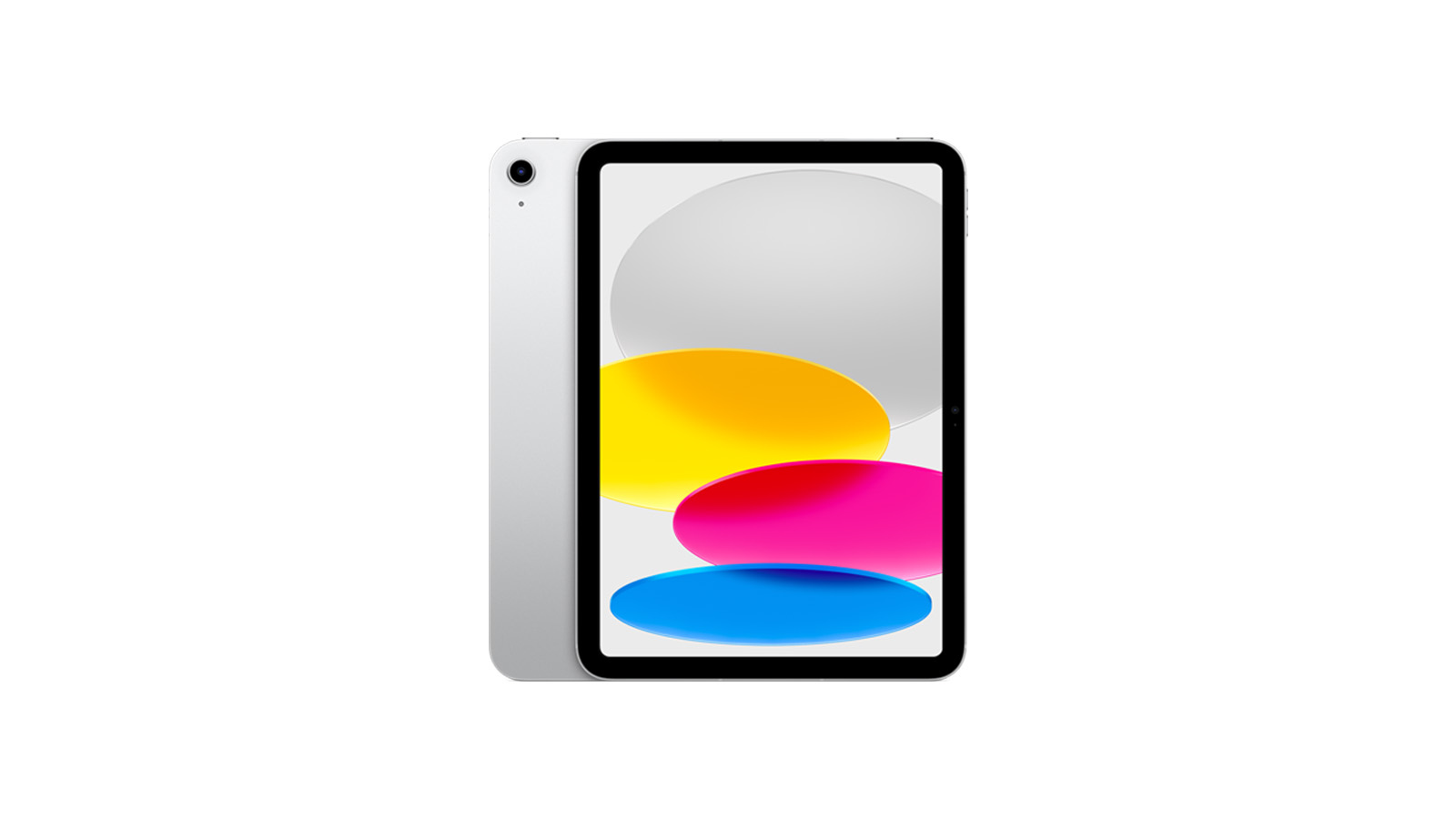
1. Apple iPad 10.2 (2022)
Reasons to buy
Reasons to avoid
Apple’s entire standard iPad range has provided solid devices for students, especially in the last five years, though some of the older models are getting harder to find brand new. If you have the cash to splurge though, the 2022 Apple iPad 10.2 is readily available across the web, and comes in a few bright colourways that appeal to a younger crowd, as well as the traditional silver look if pink, yellow or blue aren’t your schtick. This time around, it’s packing in Apple’s A14 Bionic chip, so it offers fast and snappy performance and the ability to run multiple applications at once without dropping in speed. Plus, budding videographers can take advantage of the 12MP rear camera with support for up to 4K at 60fps, and there’s a great range of accessories to support note-taking, though you’ll have to use the first-gen Apple Pencil if you prefer to handwrite notes over typing.
Read our in-depth iPad 10.9 (2022) review
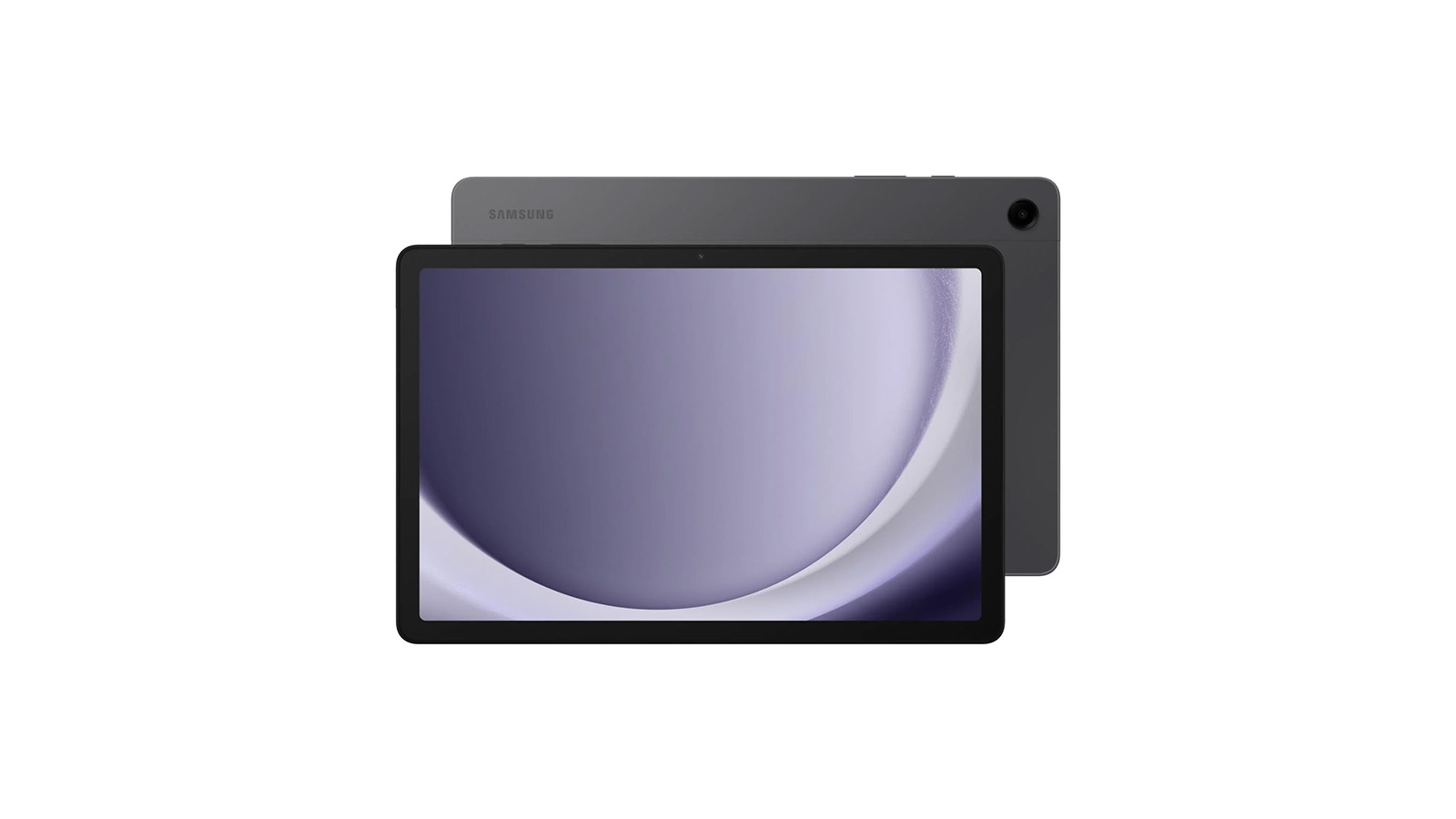
2. Samsung Galaxy Tab A9+
Reasons to buy
Reasons to avoid
Have a student who’s not keen on Apple? Samsung has a range of affordable Android tablets, with the Samsung Galaxy Tab A9+ being the latest in the series. We haven’t tested this one out, but if it’s anything like the Samsung Galaxy Tab A8, the multitasking capabilities are fantastic. The latest Android OS allows for up to three apps on screen at any time, and the Galaxy Tab A9+ should keep its speedy and smooth performance while in this state, so students can listen to lectures, take notes and conduct research without having to exit out of apps or swap between screens.
Samsung’s budget tablets might only feature LCD displays, but these slates have Apple beat in one key department – physical storage. You can choose between a 64GB or 128GB internal capacity, but both models let you add up to 1TB of extra storage in the form of a microSD card, so students will have plenty of room for videos, photos, notes and any other documents right on the Samsung Galaxy Tab A9+.
Best back-to-school smartphone
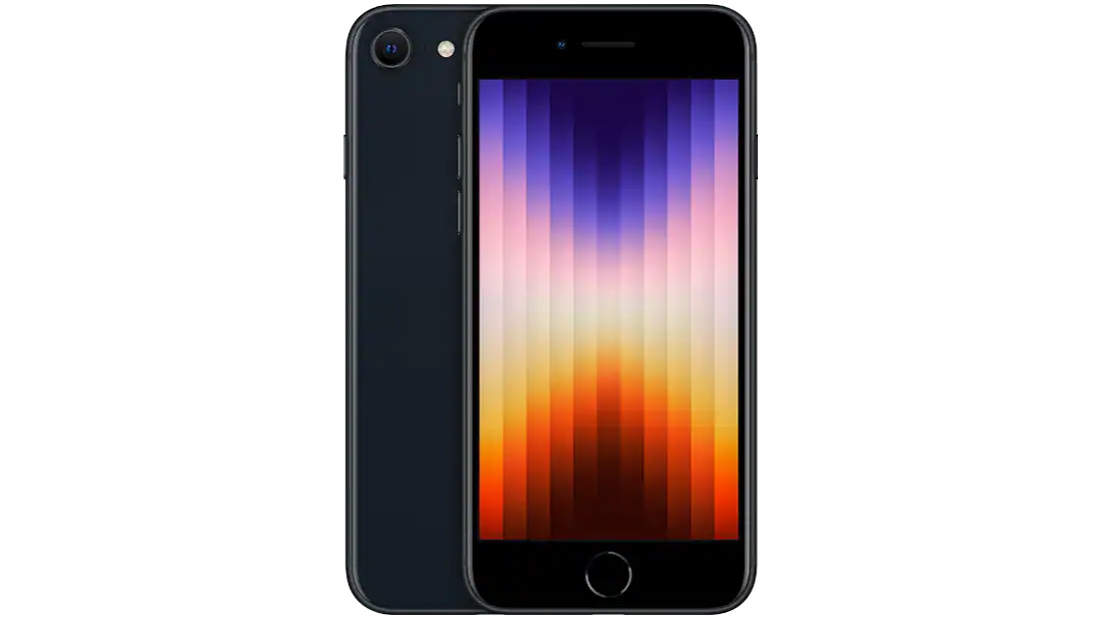
1. Apple iPhone SE (2022)
Reasons to buy
Reasons to avoid
Kids are big on brands these days – and Apple is still extremely popular in 2024. Unfortunately, the latest iPhone flagship can set you back a pretty penny, but Apple does make a range of cheaper handsets in the form of the iPhone SE – and there’s a lot to love about this affordable iPhone beyond its price tag.
The 2022 iPhone SE comes equipped with the A15 Bionic chipset, bringing with it a speedy performance. Plus the iPhone SE is a little smaller than other iPhones on the market, making it more comfortable for smaller hands. However, the battery life leaves a lot to be desired, especially if you have a student who’ll spend their lunch break or the daily commute on their phone, but this can be solved with a simple portable charger.
Battery woes aside, the iPhone SE sports a stunning Liquid Retina screen, so you’ll get a display that’s worthy of a more expensive iPhone as well.
Read our in-depth Apple iPhone SE (2022) review
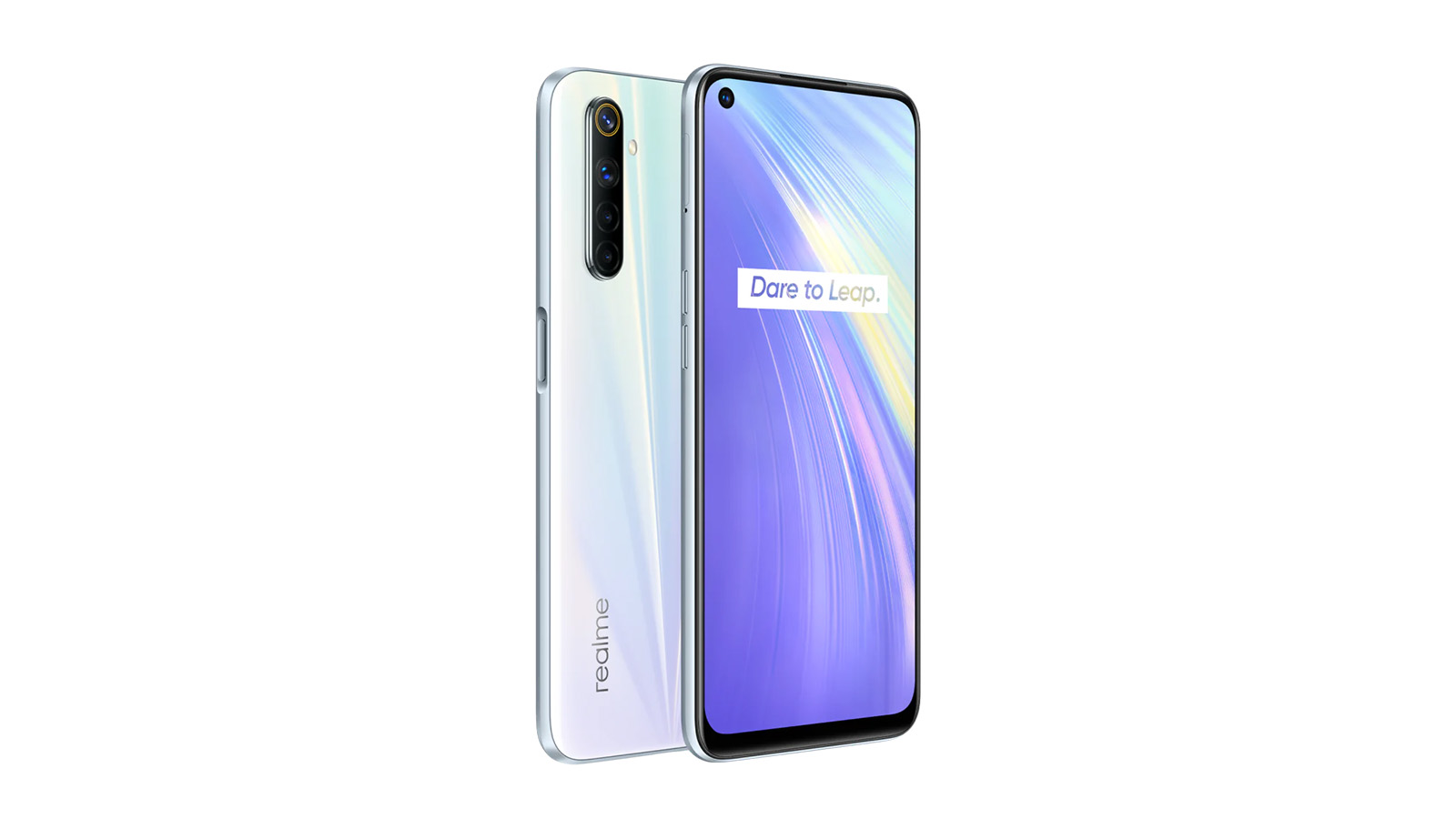
2. Realme 6
Reasons to buy
Reasons to avoid
Far from looking like a cheap handset, the Realme 6 has some very premium looks and features. It runs Android 10 and, matched with 8GB of system memory, it’s a brilliant performer. Then there’s the 90Hz refresh rate for the display, which is arguably the handset’s standout feature that makes scrolling and gaming smooth and buttery. However, an LCD display instead of an AMOLED screen tarnishes the lustre a little, but costs had to be kept down somehow. However, a 4,300mAh battery means there’ll be plenty of juice to last the school day. There’s also a side-mounted fingerprint scanner for security, although the quad-camera array is a little disappointing when it comes to image quality. Overall, though, the Realme 6 is very good value for money.
Best back-to-school portable storage
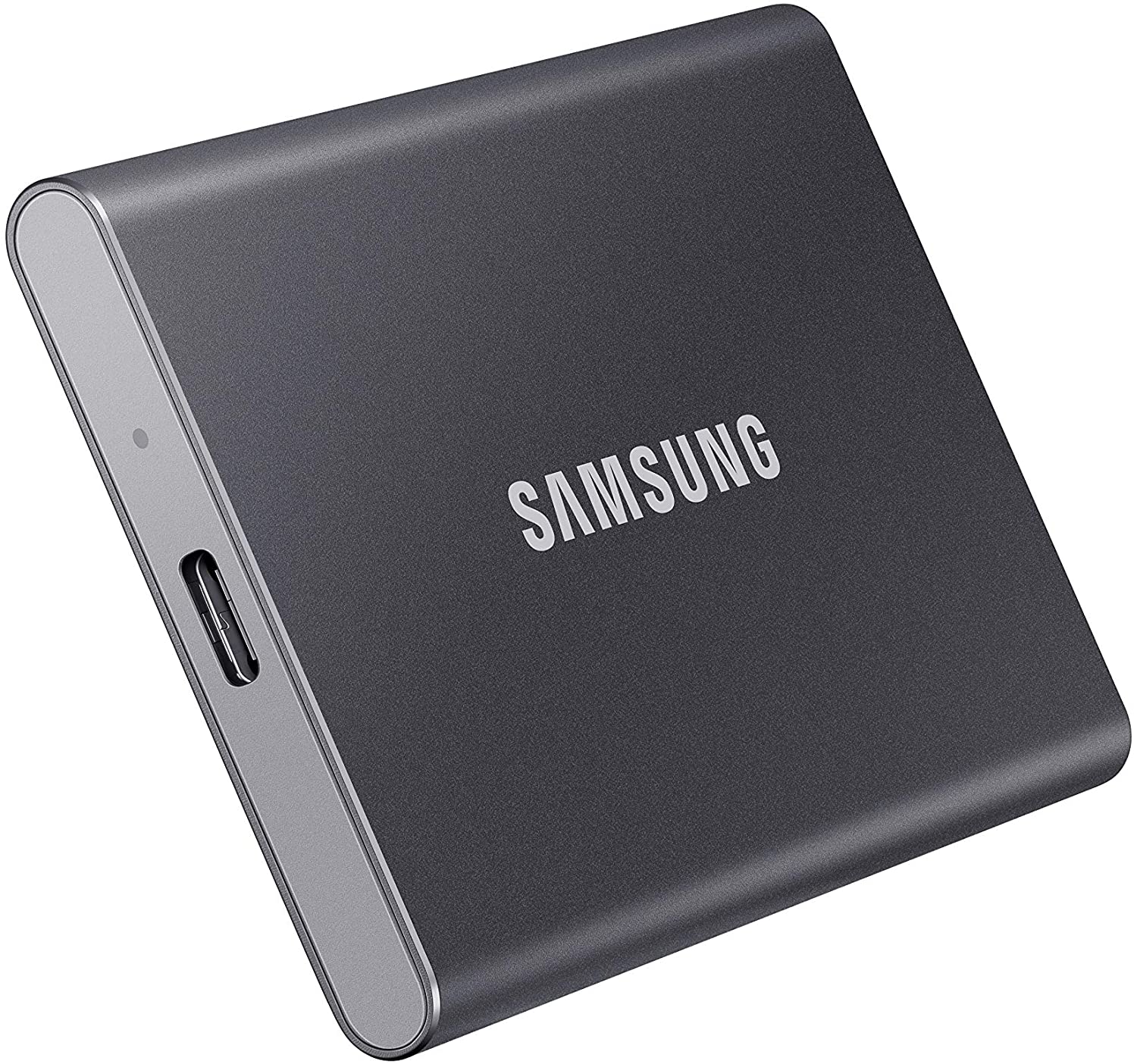
1. Samsung Portable SSD T7
Reasons to buy
Reasons to avoid
Study notes, files and necessary software can quickly take up space on your PC or laptop, so backing them all up onto a portable SSD can make all the difference for a studious kid. The Samsung Portable SSD T7 has a variety of storage options between 500GB to 2TB, plus if a student wants something a little more secure, the Samsung T7 Touch has a fingerprint scanner built into its shell for an extra layer of protection.
The entire Samsung T7 portable SSD range boasts super-fast transfers, with up to 1,032 Mbps read and 924 Mbps write speeds through a USB Type-C connection. Samsung also didn’t reinvent the wheel with this portable SSD, keeping to a similar stylish and compact enclosure that the Samsung Portable SSD T5 boasted, so it won’t take up much room in a laptop case, backpack or carry bag.
Read our in-depth Samsung T7 Touch external SSD review
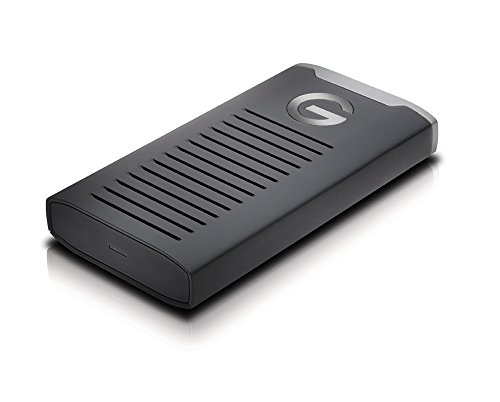
2. G-Technology G-Drive Mobile
Reasons to buy
Reasons to avoid
If you’re willing to sacrifice speed for space, then you can snag a G-Technology G-Drive Mobile portable hard drive for under AU$150 for a 1TB option. The G-Drive Mobile also comes with both a USB-C and USB-A cable, so can be plugged into any PC or laptop. Keep in mind that the device has been designed to work with Macs out of the box, but it can easily be formatted to work with a Windows machine without any loss in speed. While not quite as fast as an SSD, it does offer up to 130MB/s speed, which is quite respectable and plenty for schoolwork.
Read our in-depth G-Technology G-Drive Mobile USB-C portable hard drive review
Best back-to-school headphones
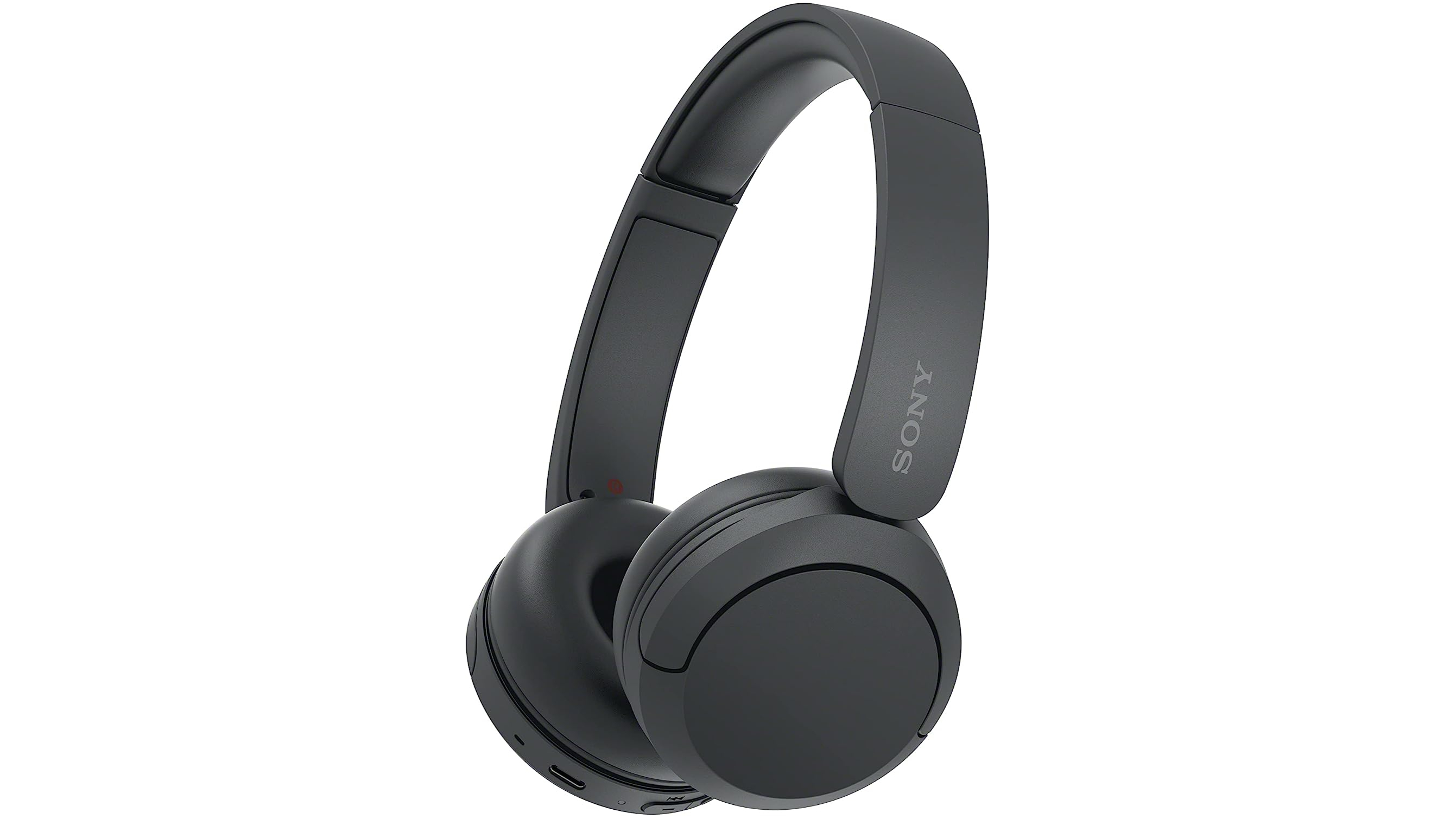
1. Sony WH-CH520
Reasons to buy
Reasons to avoid
Headphones can play a vital part in a student’s day – whether they want to listen to music to relax while coming home from school, or they’re listening to a lecture in a busy library – you want to find the right pair best suited to their needs. This can get very expensive very quickly, especially from top brands like Sony with headphones that can cost well over NZ$400, but the Sony WH-CH520 on-ear headphones slip in at a very reasonable price, without compromising on Sony’s fantastic audio.
Sporting an impressive 50-hour battery life, the Sony WH-CH520 headphones are also massively convenient for a student who needs to switch between devices throughout the day. They offer multi-point Bluetooth pairing, so you won’t have to reconnect when switching between a phone, tablet or laptop. They don’t sport the noise-cancelling capabilities of more expensive headphones, but the padding on the ear cups will help keep smaller ears comfortable for longer.
Read our in-depth Sony WH-CH520 review
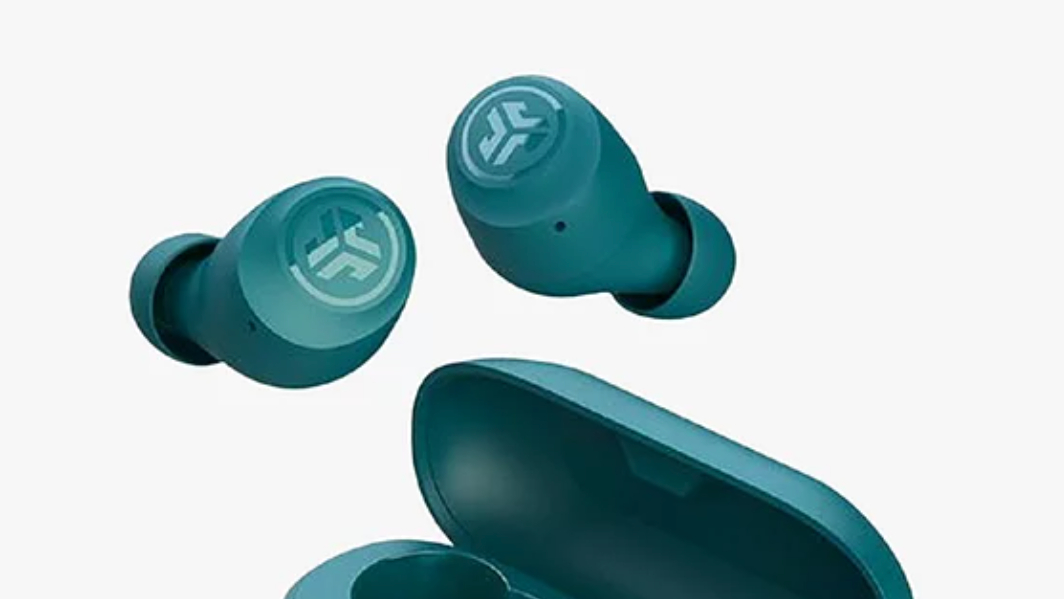
2. JLab Go Air Pop
Reasons to buy
Reasons to avoid
Earbuds are much more suited for students who don’t like to carry around too much. With the ability to slot into a pocket, the JLab Go Air Pop earbuds are small in design but still have great on-ear controls so you can adjust what you’re listening to without having to pull out your phone. Built smaller than some previous JLab earbuds, the JLab Go Air Pop will slot comfortably into most student’s ears and give around 32-hours of easy listening before they need to go back on the charger. But you’ll never be stuck without them for long – the charging cable is conveniently built into the case, so students won’t forget the cord while out at school or the library… unless they’ve forgotten to grab the entire case.
Read our in-depth JLab Go Air Pop review
Best back-to-school wearables
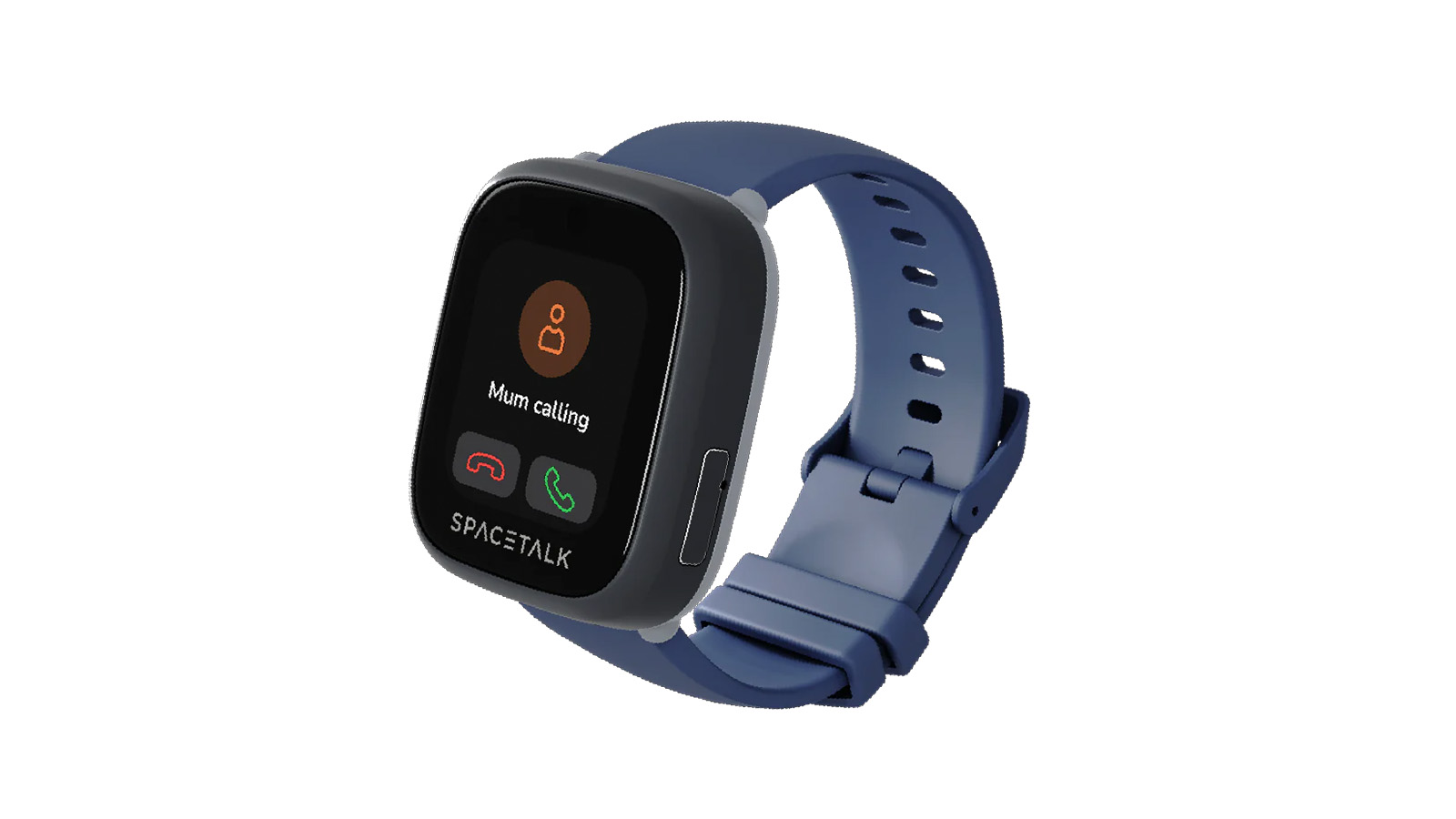
1. Spacetalk Loop
Reasons to buy
Reasons to avoid
Sending the kids off on their own can be a frightening experience, but now with smartwatches and fitness trackers built specifically for the young ‘uns, parents can have peace of mind while their little ones explore their first taste of independence. Australian-owned brand Spacetalk makes a range of watches for children that cut out access to social media apps, but still allow kids to keep in touch with mum and dad while out and about. The Spacetalk Loop comes in a range of bright colours to appeal to most kids, and is fitted with a handy-dandy GPS tracker for parents to link to an app on their phone, so they know where their child is during the school day. Additionally, the Spacetalk Loop packs in an emergency SOS button, as well as quick emergency contacts and locations – in case the kids find themselves in a nick of trouble so they have all they need right on their wrist to find help, and alert mum or dad.
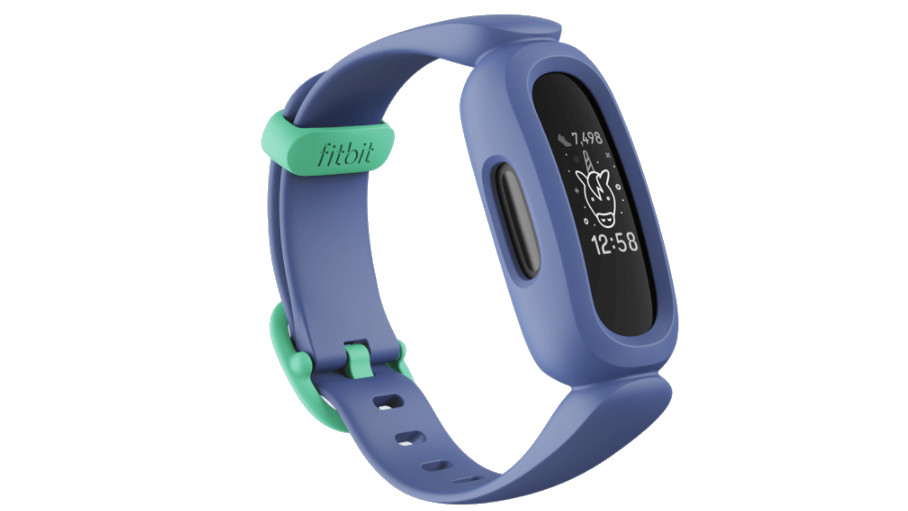
2. Fitbit Ace 3
Reasons to buy
Reasons to avoid
Much like the Spacetalk Loop, the Fitbit Ace 3 is designed for smaller wrists, but with a focus on fitness rather than safety – though there are some additional safety features built in when compared to adult fitness trackers. For starters, the companion app has been stripped of some of its features, so while kids can still see their activity and fitness achievements, online leaderboards and the like aren’t available for a more child-friendly experience.
This fitness tracker sports a sturdy design to keep the watch in tip-top shape regardless of how rough the kids are with it – its display is surrounded by a silicon case, so it should stay scratch-free for longer. The Fitbit Ace 3 can also be paired with a smartphone to take calls and send messages, plus it has a stack of health and fitness features like a 50m water-resistance rating, plus activity, healthy habit and fitness tracking, some of which have had an adorable gamification to make good habits and exercise even more enticing for kids.
Read our in-depth Fitbit Ace 3 review
Best back-to-school printers
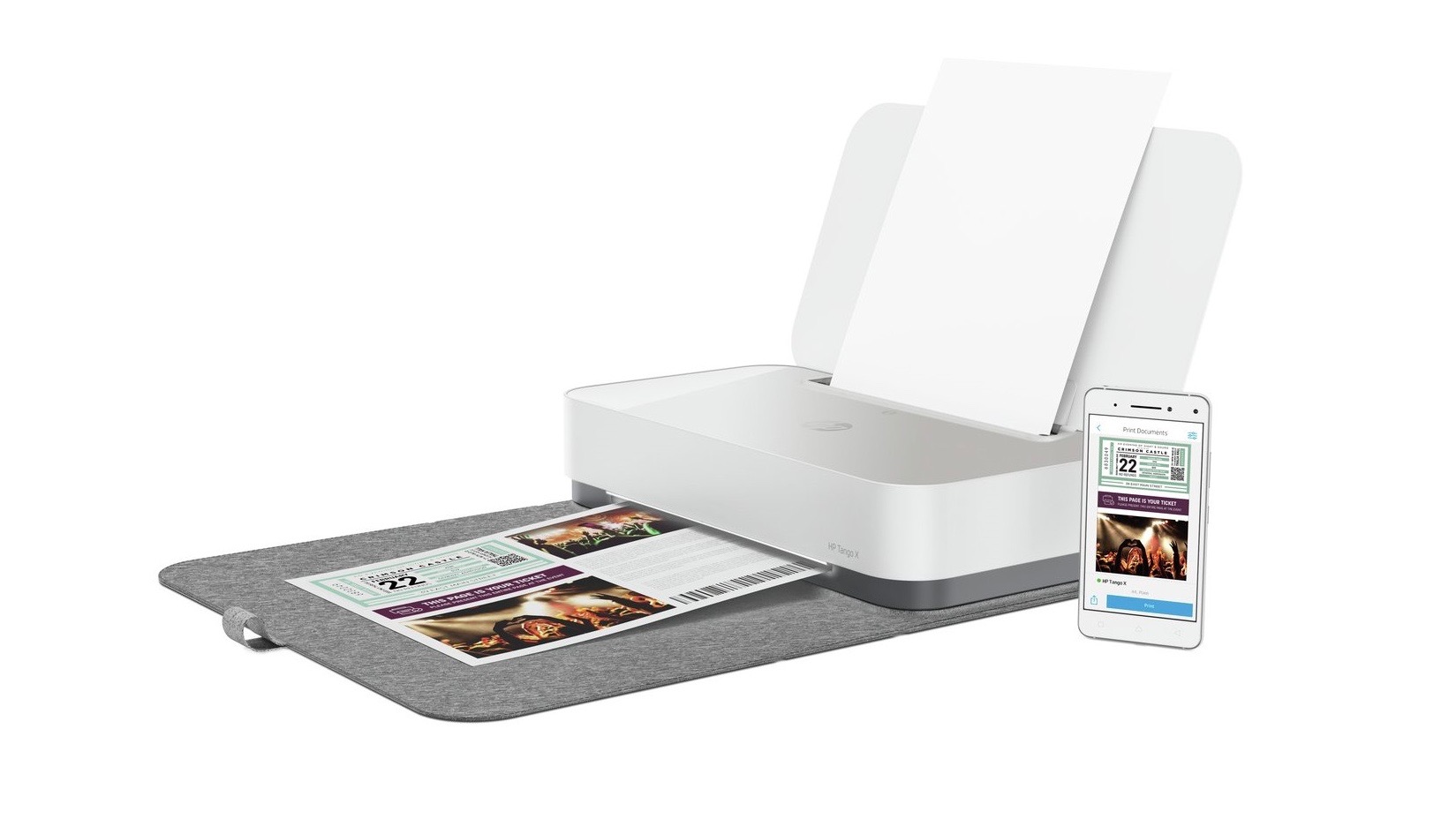
1. HP Tango Smart Home printer
Reasons to buy
Reasons to avoid
It’s a pretty compact printer/scanner, perfect for small spaces, and works via the HP Smart app available for both iOS and Android devices, and doesn’t need a Wi-Fi connection to set up printing tasks. The Tango works completely wirelessly, thanks to its two-way cloud-based network connection, and doesn’t have any ports to plug in a PC. It’s user-friendly and can be connected to your Alexa or Google Assistant smart speaker (if you have one) for easy voice-activated printing as well. The replacement cartridges, though, can be expensive, however HP's Instant Ink program is now available in Australia. It's basically a subscription service (with different plans) that gets you both ink and toner sent to your doorstep for free when you need it. It even includes a recycling bag for your old cartridges to reduce waste in landfills.
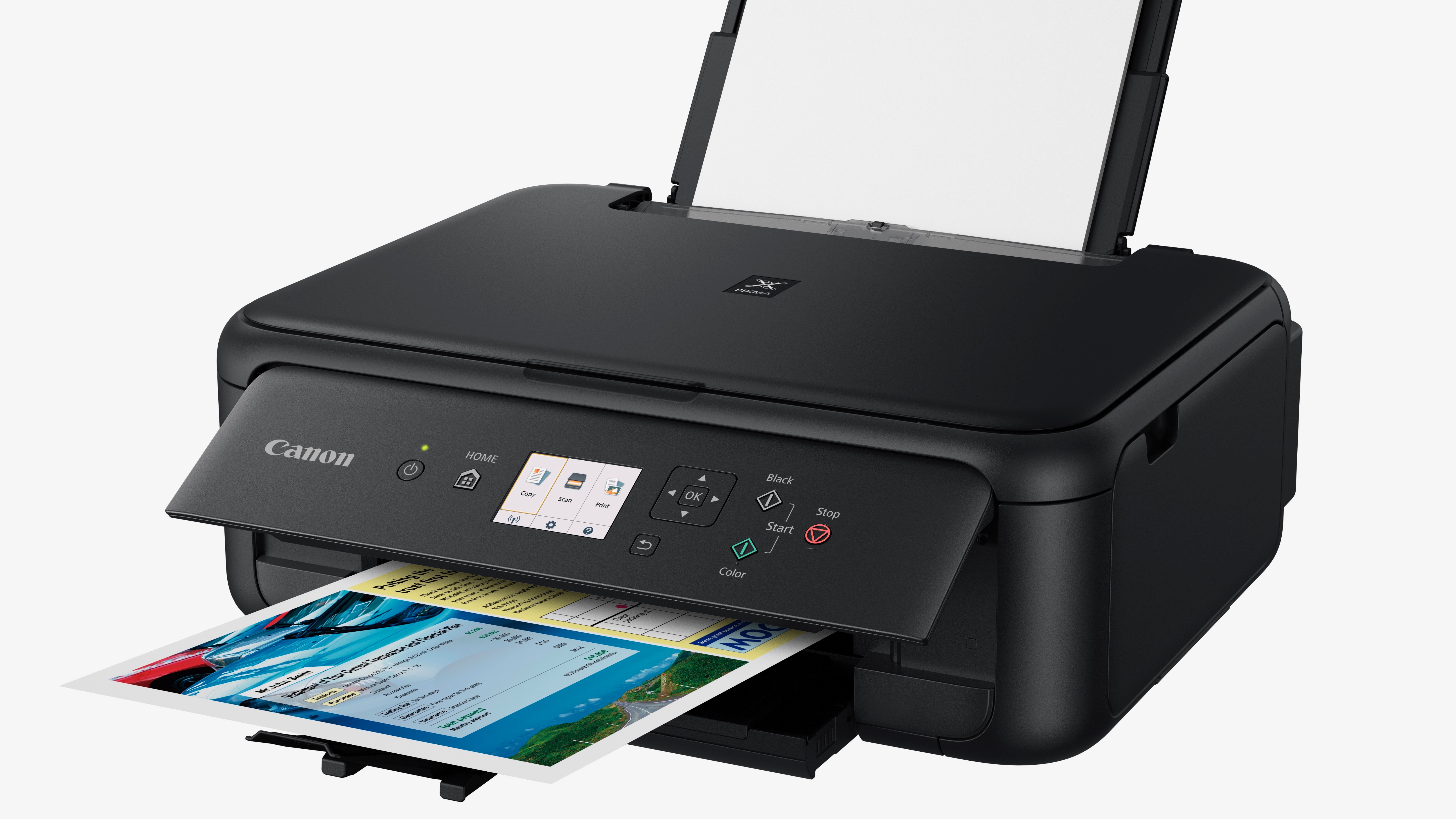
2. Canon PIXMA Home TS5160
Reasons to buy
Reasons to avoid
If you’re not too keen on splurging top dollar on a printer, then this option from Canon is wonderfully affordable. At just under AU$70 you can print and scan as much as needed. The printer even has an ‘auto duplex’ feature which automatically prints to both sides of the paper, and setting up a Pixma Cloud Link account will let you print anything sitting in Google Drive, Dropbox, OneDrive or any other cloud service. You can even print from Facebook or Instagram. The Pixma Home TS5160 is covered by Canon’s Print Assist program, where you’ll receive step-by-step instructions on how to set up the device (although it’s easy to do anyway) and any fault found within the first year of purchase will see the printer replaced at no cost.
Miscellaneous
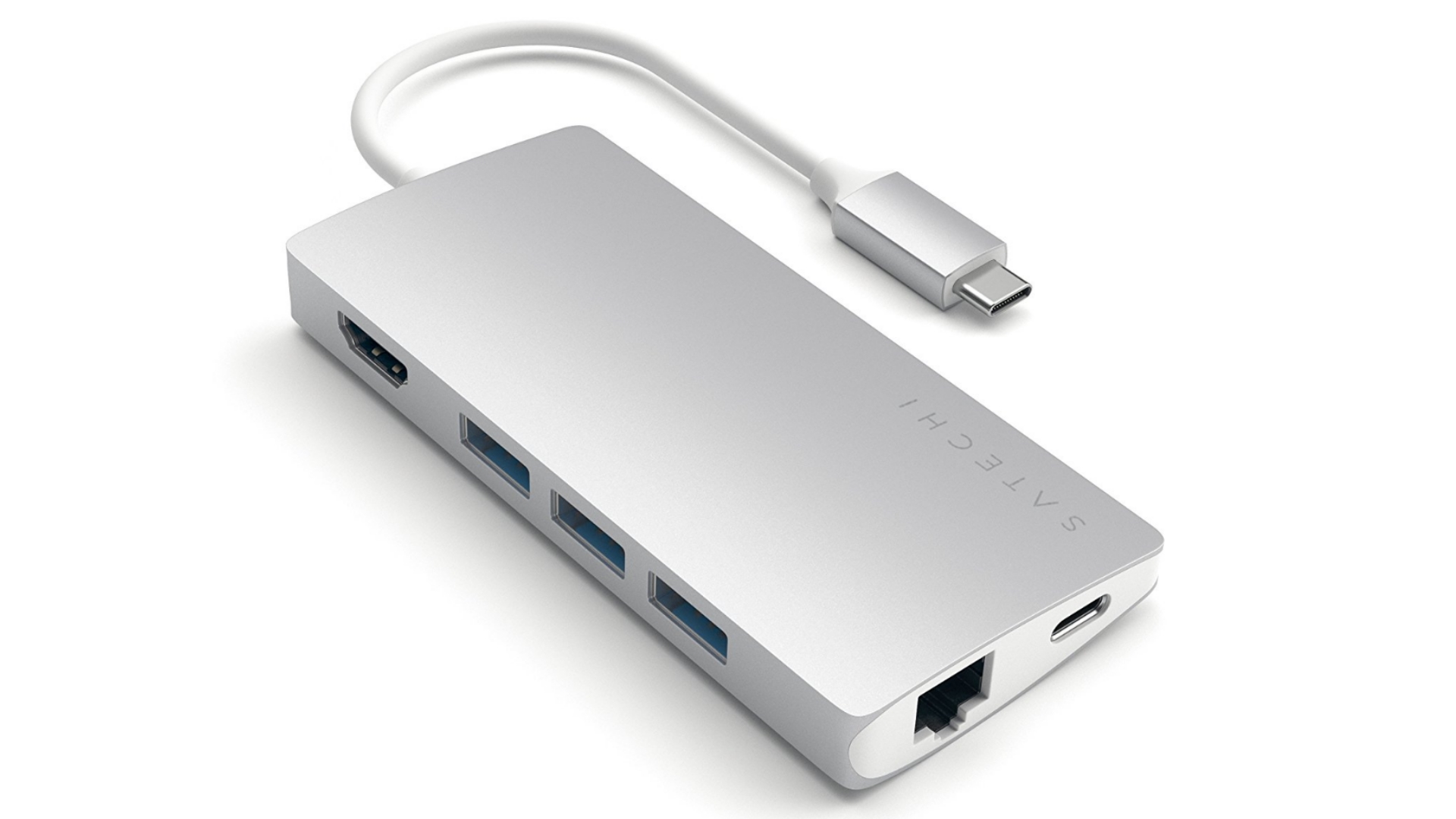
Best back-to-school USB-C hub: Satechi Aluminum Multi-Port Adapter V2
Reasons to buy
Reasons to avoid
Ports on new laptops are changing. The faster USB-C or Thunderbolt ports are slowly and steadily becoming the norm. So if you child's new laptop doesn't have the ports needed to plug in, say, a USB 3.0 cable, then this Satechi hub offers seven different ones, and includes an SD card reader, a 4K HDMI port and a Gigabit Ethernet port. All these ports come at a price though and it's definitely not the cheapest option, but it is one of the best. The ports are spaced out nicely, so plugging something in won't require juggling cables and wires.
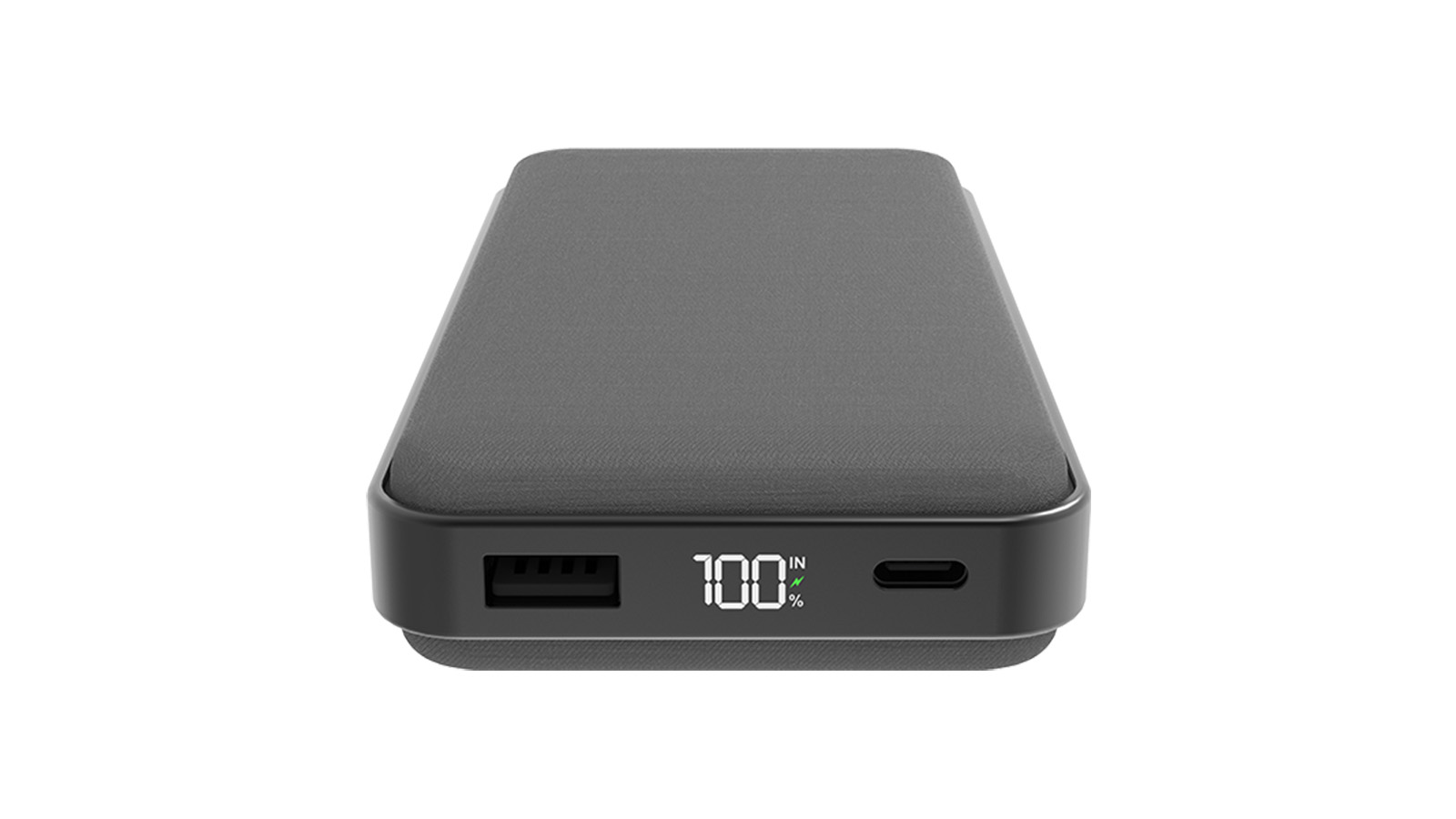
Best back-to-school portable charger: Cygnett ChargeUp Reserve 20K
Reasons to buy
Reasons to avoid
There’s nothing worse than being halfway through the school day then running out of battery on your laptop, tablet or phone, so a portable charger is a must for any student in this technological age. There’s plenty out there to choose from, but this Cygnett ChargeUp Reserve packs in a whopping 20,000 mAh, plenty to keep you going throughout the school week. It’s got both a USB Type-C and USB Type-A connection, so you can expect a speedy charge from this beefy little battery pack.
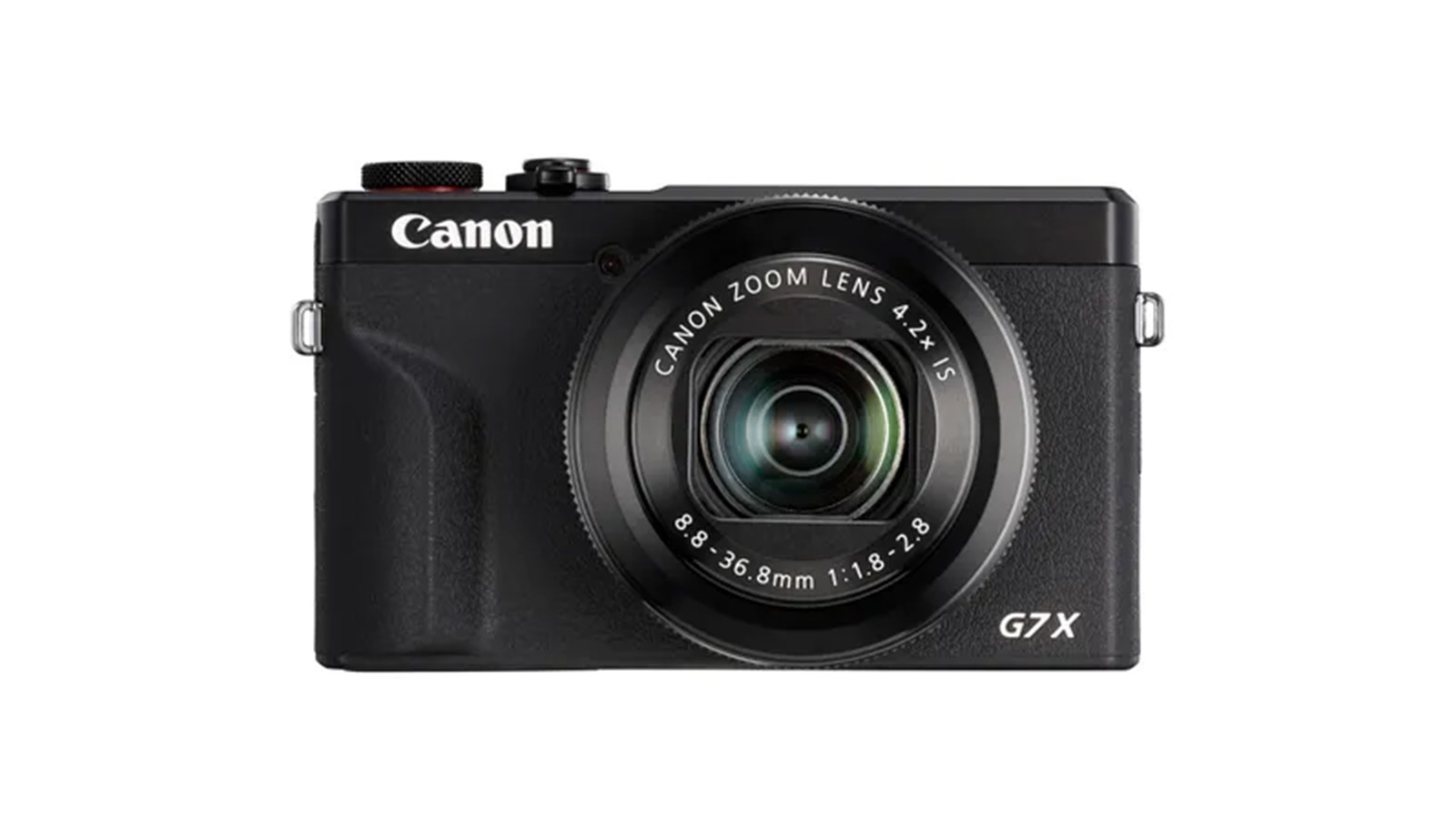
Best back-to-school camera: Canon PowerShot G7X Mark III
Reasons to buy
Reasons to avoid
If your child has an artistic streak and is interested in taking a photography class, the Canon PowerShot G7 X Mark III is one of the best compact shooters on the market. It's great if your child is interested in becoming a YouTube star, with 4K video quality really good. The little camera has a mic port for sound, and live streaming capabilities direct to YouTube available on board. There's also a built-in ND filter to manage bright lights, and the flip-up LCD display is a vlogger's dream. If it's stills your child is keen on, this camera will grow with them, with the manual mode allowing kids to hone their skills. There's no viewfinder here but for under AU$1,000 it's a great buy.
Read our in-depth Canon PowerShot G7 X Mark III review

Best back-to-school STEM education tools: Sphero Mini / Bolt
Reasons to buy
Reasons to avoid
From the company that brought us the interactive Star Wars bots comes these little connected toys that put education front and centre. The Sphero Mini (a tabletennis-sized ball) and the Sphero Bolt (a bigger, rolling robot with a display) are remotely controlled toys that can help kids learn to appreciate science, technology, engineering and mathematics (or STEM). While they're a whole load of fun for both kids and grown-ups alike, you can also write code that dictates the actions of the Sphero. There are plenty of lessons to choose from and there is a huge amount of satisfaction to be had to see your creation come to life when the toy begins to move. The Sphero Edu app also allows you to try out other people's code if you or your child aren't keen on creating your own. Coding, though, is very simple and requires no prior computer technology knowledge.
Parents should be aware that if you get the Sphero Bolt for your child, the accompanying Sphero Play app has a Scream Drive setting that makes the Bolt move faster the louder your kid screams or shouts at it (it's a lot of fun for the kids but not so much for everyone else).
Read our in-depth reviews of the Sphero Mini and Sphero Bolt
- We feature the best password managers or you might also want check out the best phones for kids.
Get daily insight, inspiration and deals in your inbox
Sign up for breaking news, reviews, opinion, top tech deals, and more.

While she's happiest with a camera in her hand, Sharmishta's main priority is being TechRadar's APAC Managing Editor, looking after the day-to-day functioning of the Australian, New Zealand and Singapore editions of the site, steering everything from news and reviews to ecommerce content like deals and coupon codes. While she loves reviewing cameras and lenses when she can, she's also an avid reader and has become quite the expert on ereaders and E Ink writing tablets, having appeared on Singaporean radio to talk about these underrated devices. Other than her duties at TechRadar, she's also the Managing Editor of the Australian edition of Digital Camera World, and writes for Tom's Guide and T3.
- Petra PlayerWriter